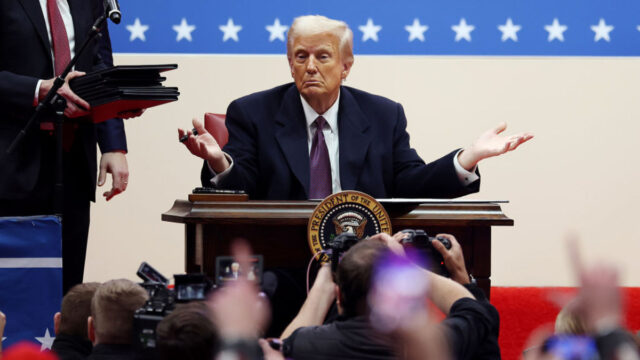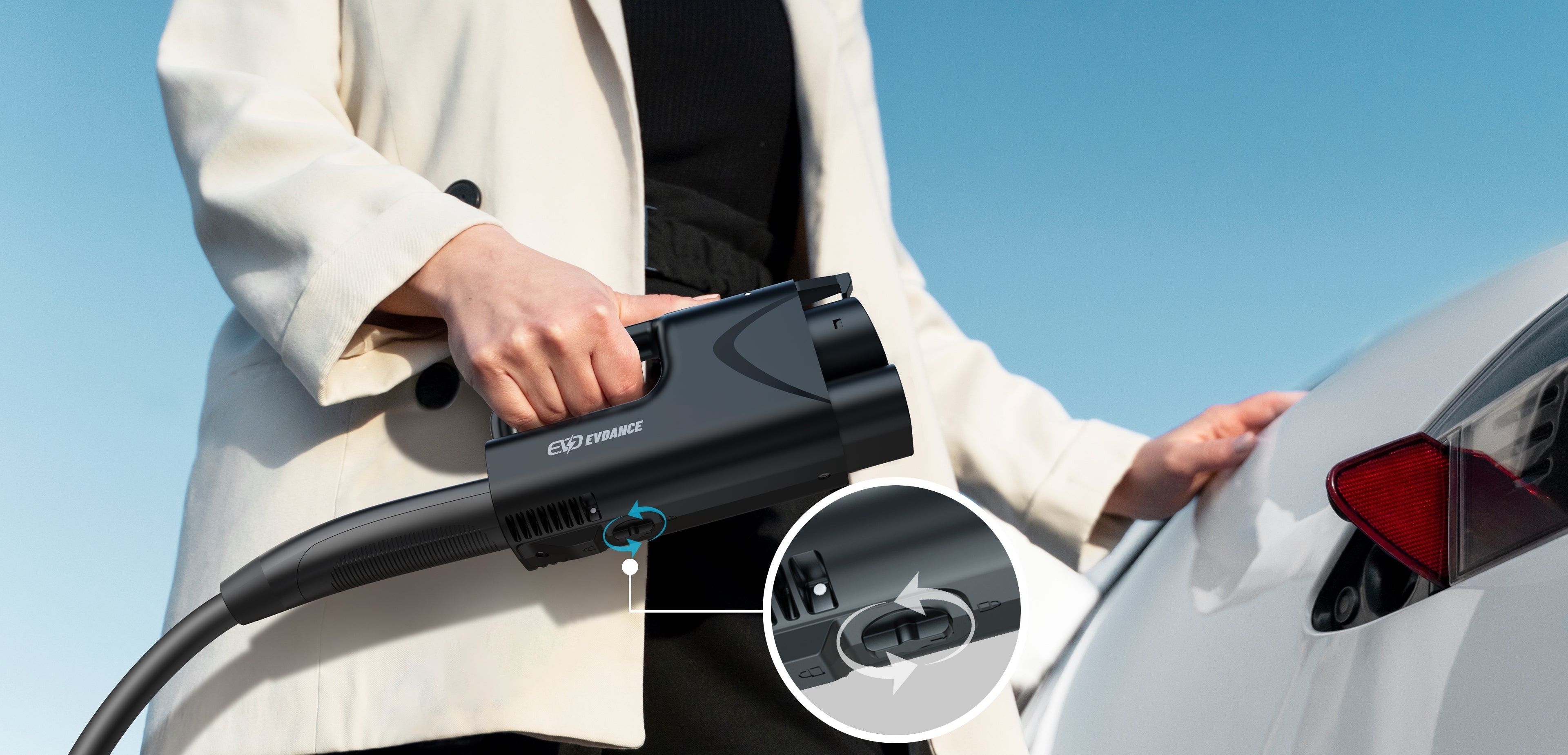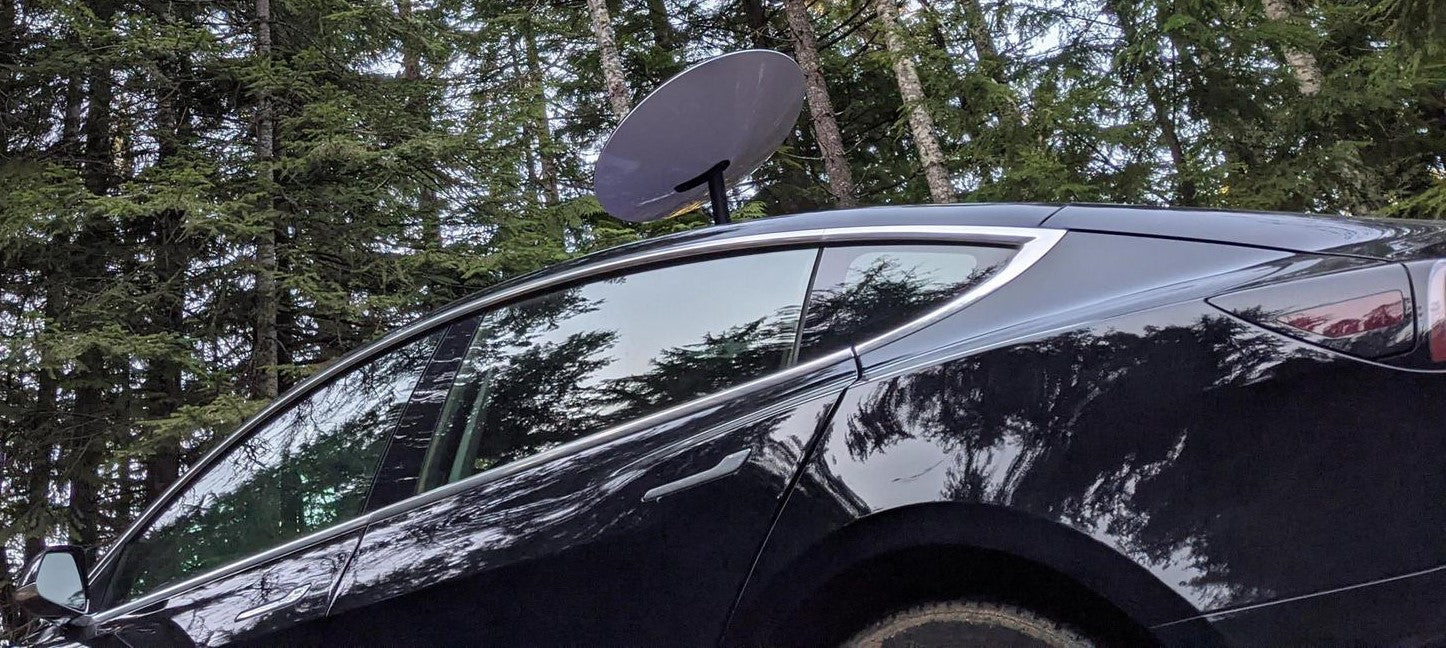President Donald Trump has issued an executive order aimed at dismantling what he misleadingly calls "the electric vehicle mandate" established during Joe Biden's presidency. This move aligns with Trump's campaign promises to curb what he described as an excessive push towards electric vehicles (EVs) by Biden and Democratic leaders. The executive action, combined with anticipated policy shifts under a second Trump term, could hinder U.S. initiatives to combat climate change, primarily driven by emissions from gasoline and diesel vehicles.
Details of Trump's Executive Order on EVs
The order claims to "eliminate the electric vehicle mandate" to foster genuine consumer choice, promoting economic growth and innovation by removing regulatory obstacles to motor vehicle availability and ensuring an equitable regulatory environment for vehicle selection. Although no formal mandate exists from Biden to compel EV purchases, his policies were designed to encourage both consumers and manufacturers to transition to electric cars.
Under the directive titled "Unleashing American Energy," Trump's administration aims to abolish, where feasible, state emissions exemptions that restrict sales of gasoline vehicles. The order suggests a review of subsidies and other government interventions that might skew the market in favor of EVs, potentially making other vehicle types unaffordable and thus mandating EV adoption indirectly.
The language of this and other orders signed by Trump on that day hints at an intent to abolish the $7,500 tax credit for new EV buyers, part of Biden's 2022 climate legislation, and to relax the stringent EPA emissions rules set during Biden's tenure.
Trump has also targeted a federal waiver allowing California to ban sales of new gas-only cars by 2035, impacting not just California but also states that adopt its emissions standards.
Trump's First Term and Recent Developments
This executive action echoes Trump's previous administration's approach, where he significantly loosened vehicle emission standards originally tightened under President Barack Obama. Before the election, Trump's relationship with Tesla CEO Elon Musk warmed up, despite Musk's leadership in the EV sector. Musk now oversees what Trump has dubbed the Department of Government Efficiency.

Impact on EV Charging Infrastructure
Trump's order immediately halts funding for EV charging stations, which was set under the Inflation Reduction Act and the 2021 bipartisan infrastructure law. Biden aimed for 500,000 chargers by 2030; however, progress has been made with 214 chargers operational in 12 states and over 24,800 projects in development, with more than 203,000 charging ports currently available nationwide.
Current EV Policies and Market Status
Biden's administration targeted that 50% of new car sales would be electric by 2030 and invested in charging infrastructure. The EPA's aggressive tailpipe emission standards could be met with EVs comprising as little as 30% of sales by 2032, supplemented by more efficient gas vehicles. Similarly, fuel efficiency standards were set to increase significantly by 2031.
Market Response
Despite a slowdown in EV sales growth, EVs made up 8.1% of new vehicle sales last year. The initial higher cost of EVs remains a barrier, although costs are decreasing. Some manufacturers like Ford have dialed back their full-electric plans, opting for hybrid models instead.
Future Implications
In the short term, there might be a surge in EV sales as consumers seek to benefit from current incentives before potential changes. However, over time, this could complicate the U.S.'s path to reducing emissions, given transportation's significant contribution to national greenhouse gas emissions.
Legal battles are anticipated as environmental groups and others challenge these policy reversals. Critics like Dan Becker from the Center for Biological Diversity warn that these changes could lead to higher costs, increased pollution, and diminished global competitiveness for the U.S. automotive industry.
Recommend Reading: Federal EV Tax Credit Ends Sept 30, 2025 – Eligible Cars & Recommendations








Share:
Volkswagen EVs Set to Connect to Tesla’s Supercharger Network by 2025
Elon Musk Confirms HW3 Self-Driving Computers Must Be Replaced—Retrofit Limited to FSD Buyers